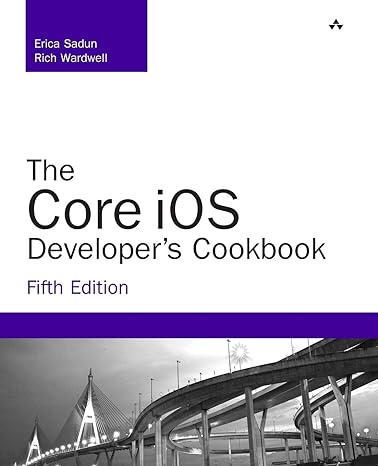Question
Chapter 11 3.) In problem solving, how do algorithms differ from heuristics? When you solve problems, what situations encourage each of these two approaches? Describe
Chapter 11 3.) In problem solving, how do algorithms differ from heuristics? When you solve problems, what situations encourage each of these two approaches? Describe a situation in which the means-ends heuristic was more useful than an algorithm. ldentify a time when you used the hill-climbing heuristic, and note whether it was effective in solving the problem.
4.) 7. Imagine that you are teaching seventh grade, and your students are about to take a series of standardized tests in mathematics. Assume that your students hold the stereotype that boys are better at math. Just before the test, you hear the students discussing which gender will earn a higher score. How might stereotype threat influence their performance? Describe two specific ways in which stereotype threat could influence the students' cognitive processes.
Step by Step Solution
There are 3 Steps involved in it
Step: 1

Get Instant Access to Expert-Tailored Solutions
See step-by-step solutions with expert insights and AI powered tools for academic success
Step: 2

Step: 3

Ace Your Homework with AI
Get the answers you need in no time with our AI-driven, step-by-step assistance
Get Started


